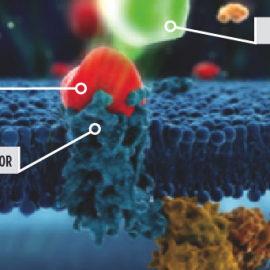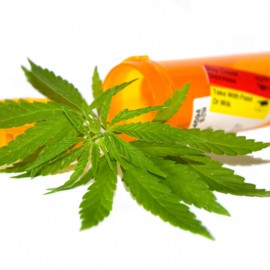Topic: therapies and tools
Evidence is Great, But…
Research admittedly takes a long time, including the need for replication, and patients in clinical programs aren’t necessarily willing to wait.
Topics: research, therapies and tools
Is Your Therapy Dull?
“It’s too much like doing your taxes,” was her verdict. That’s probably the worst thing I’ve heard anyone say about psychotherapy.
Topics: client engagement and motivation, cognitive behavioral therapy, therapies and tools
Individualizing Treatment With Alternative Therapies
Some approaches are better than others at helping an individual identify what works for them in understanding their disease and establishing a stable recovery.
Topics: therapies and tools
Weird Science
A new study may be exciting to read, but its credibility will ultimately depend on the accumulation of a body of evidence that confirms it.
Topics: research, therapies and tools
Two Perspectives on Pain
We may be stuck relying on the soft stuff– therapy, support, behavior change, even spiritual growth– all those icky-squicky things that neuroscientists struggle to quantify.
Topics: MAT, opioids, pain, prescription medications, therapies and tools
Naltrexone versus Opioids
Not surprisingly, the vast majority of patients who drop out or otherwise leave maintenance programs return to heroin at rates of 80% or higher.
Topics: addiction medications, harm reduction, MAT, therapies and tools
Compliance via Incentives
An important step that programs often skip: the collection of baseline data. Improvements are often incremental, and if you don’t know exactly where you started, it’s easy to miss them.
Topics: compliance and noncompliance, maintaining sobriety, program development, therapies and tools
Cannabis as an Opioid Addiction Treatment
It usually comes back to the assumption that another problem ‘underlies’ addiction, and therefore will respond to treatment with the “right” drug, if we can figure out what it is.
Topics: cannabis, co-occurring disorders, opioids, therapies and tools
A Place for Placebo?
Might be that clinicians can teach patients to activate their own body’s placebo response, in order to feel better.
Topics: opioids, research, therapies and tools

















